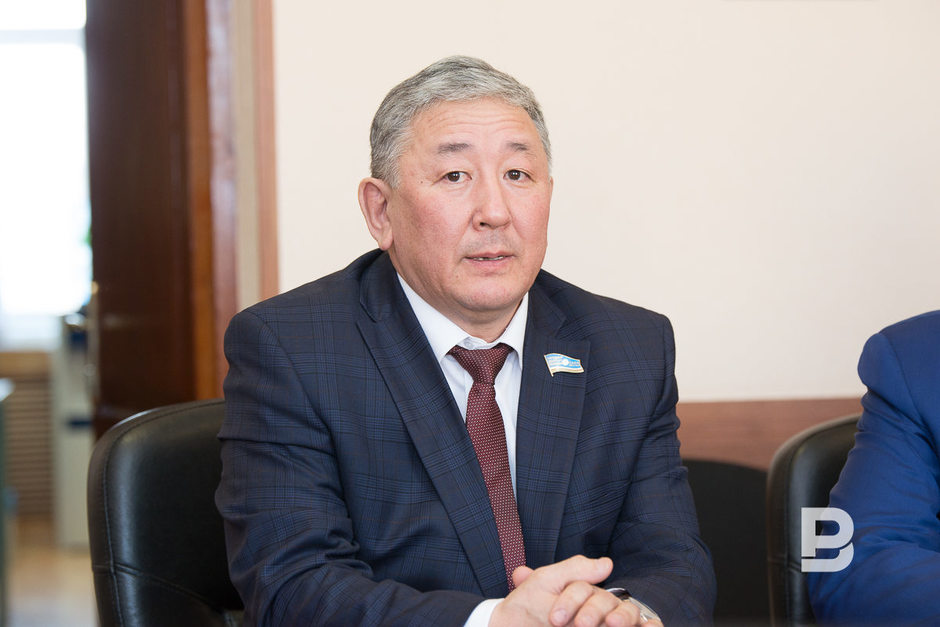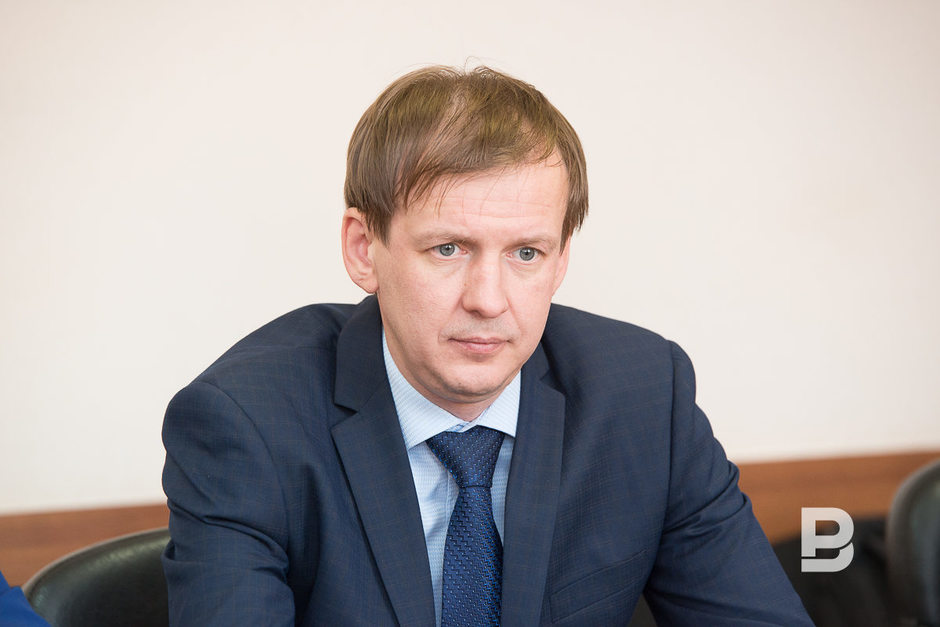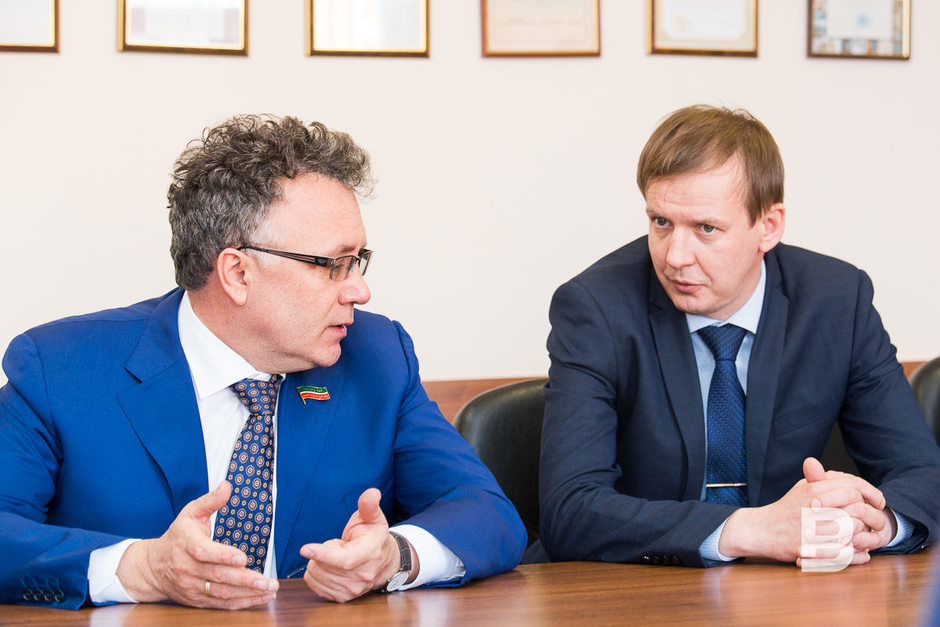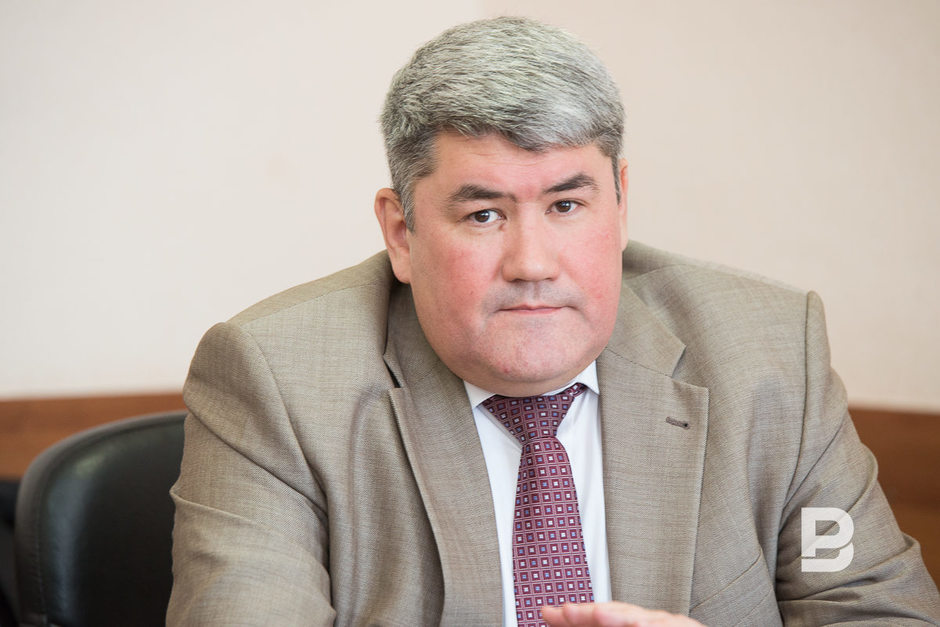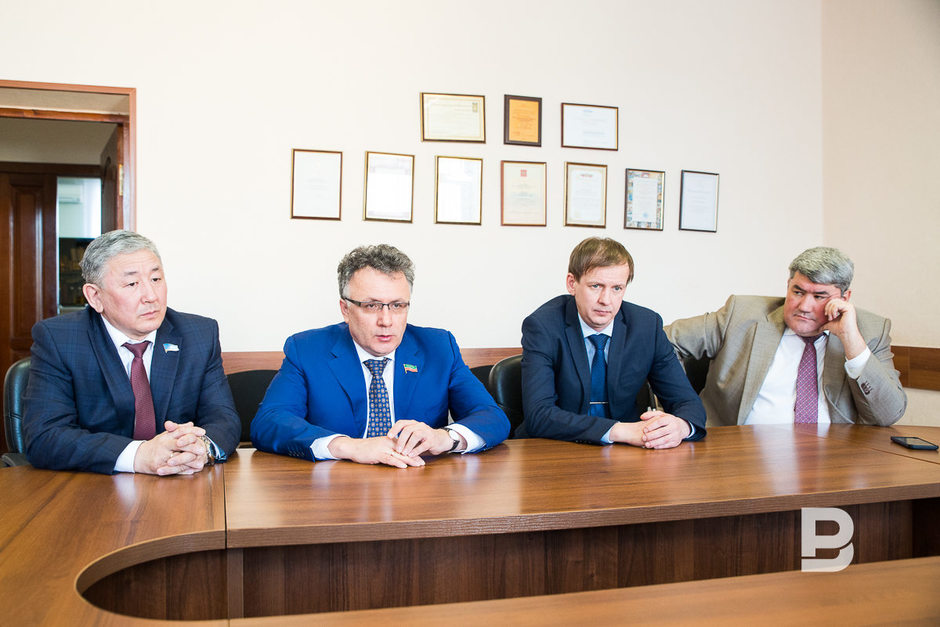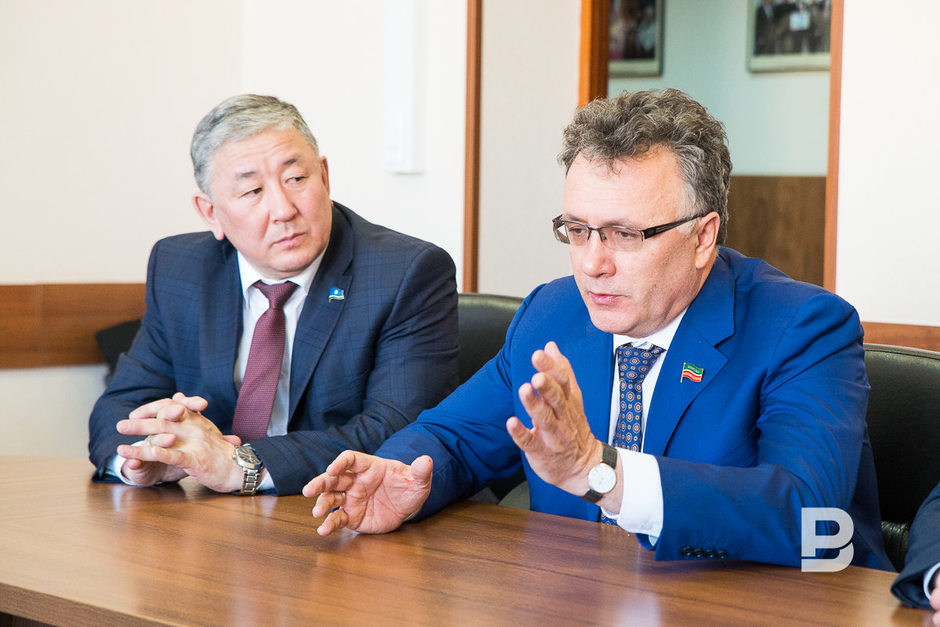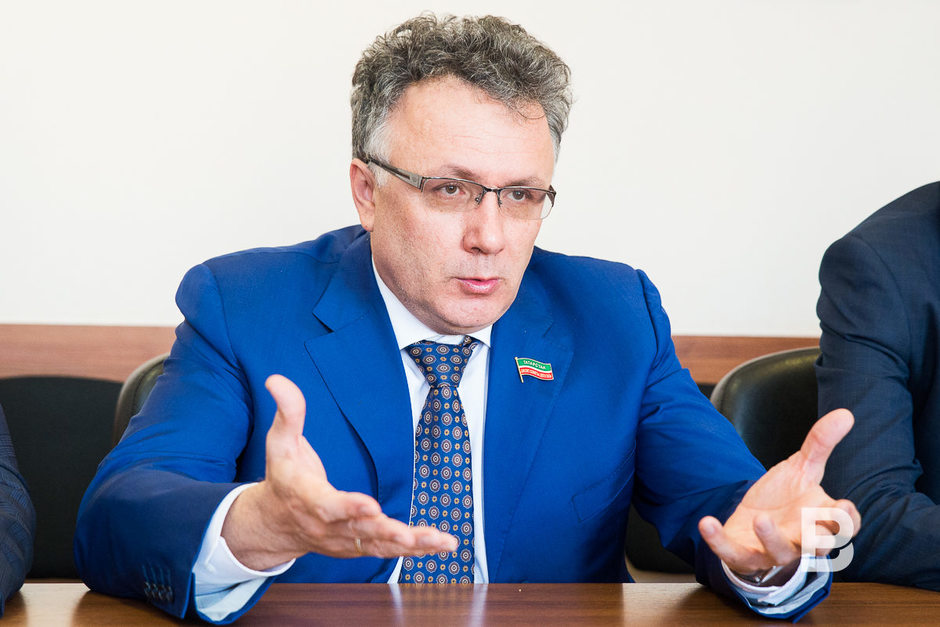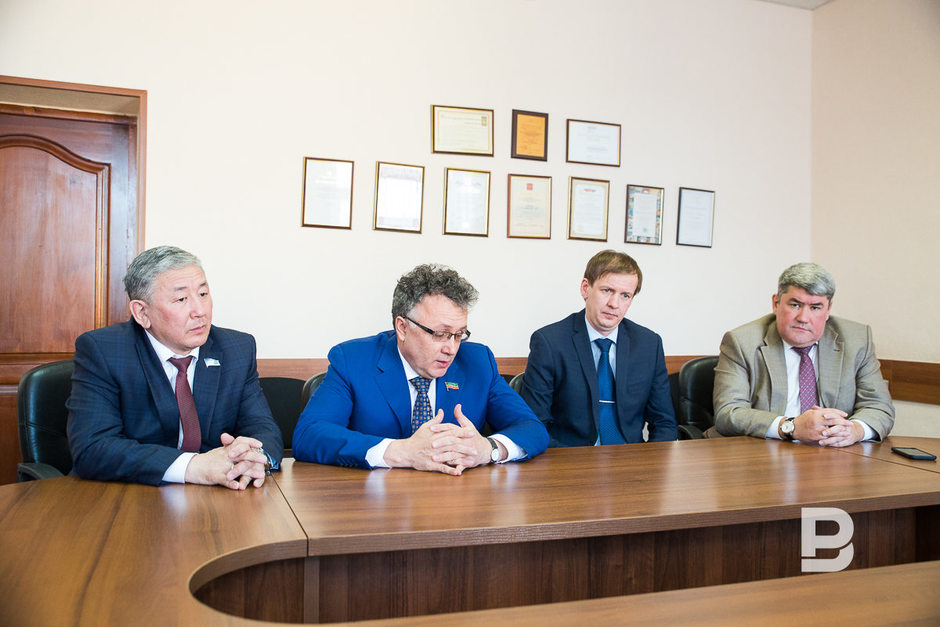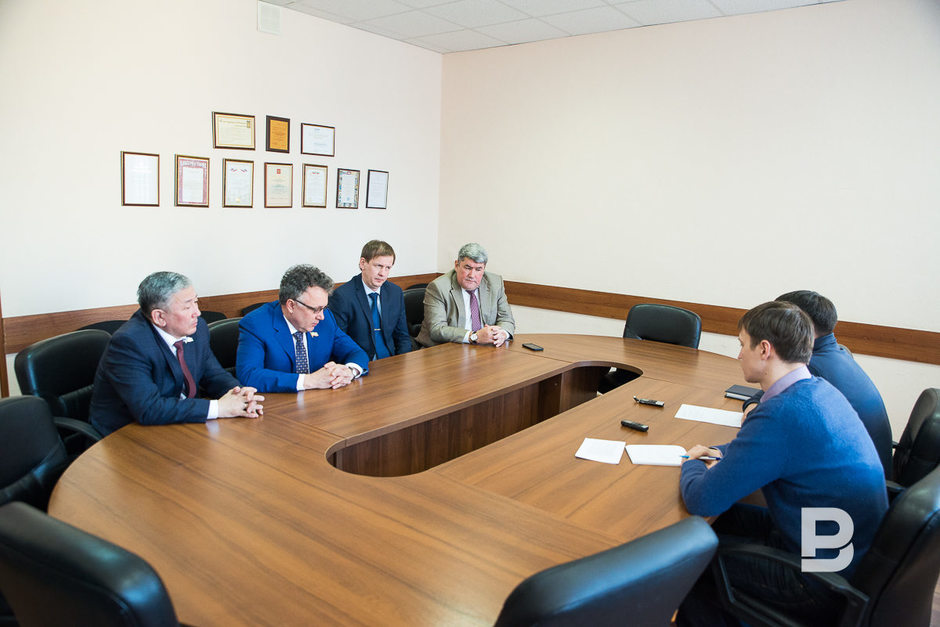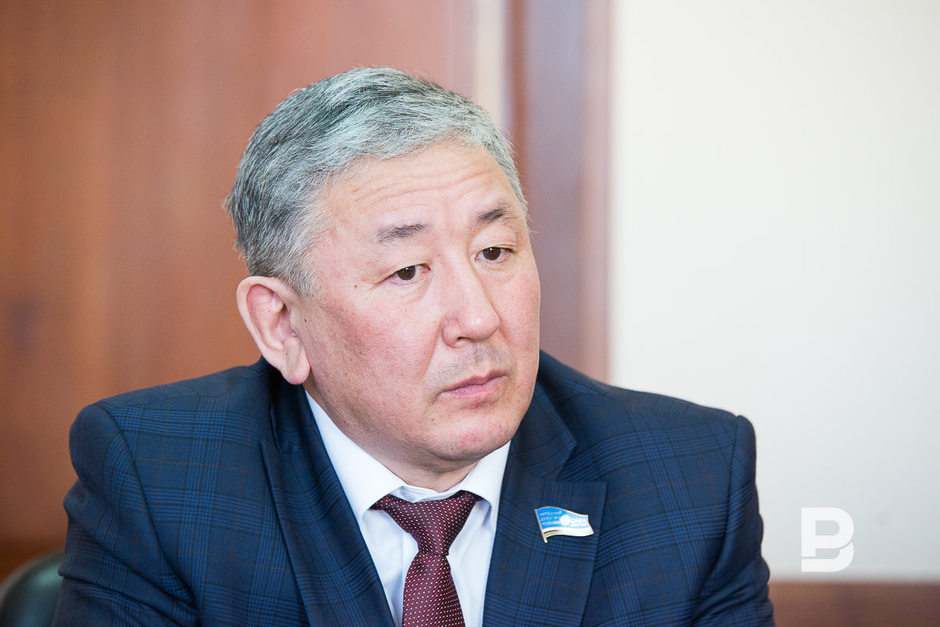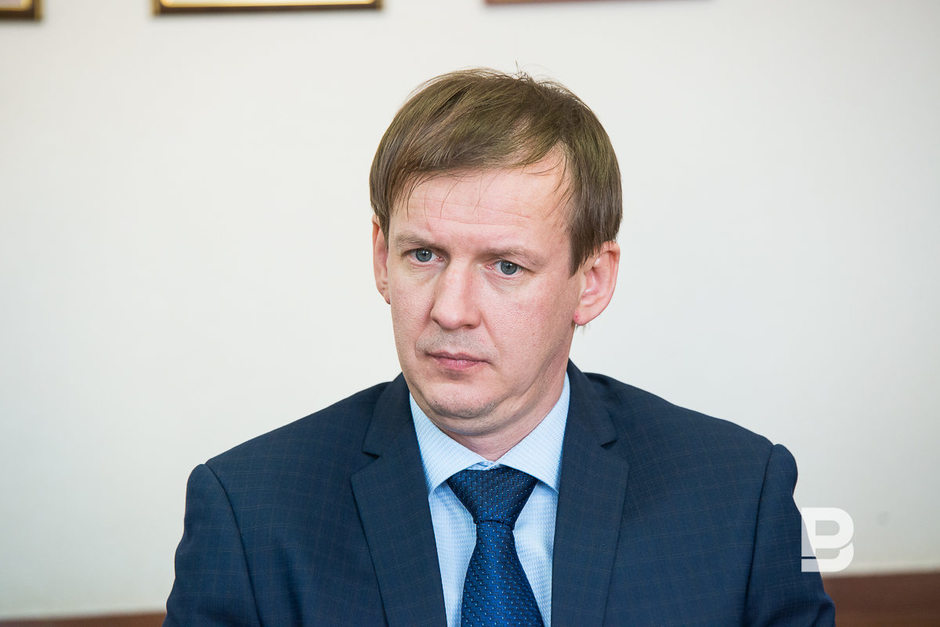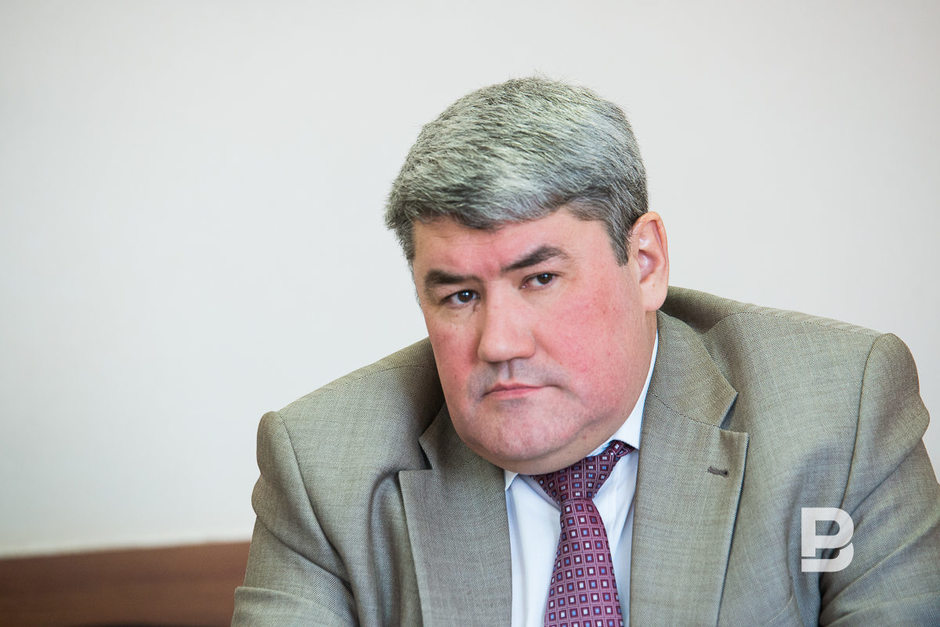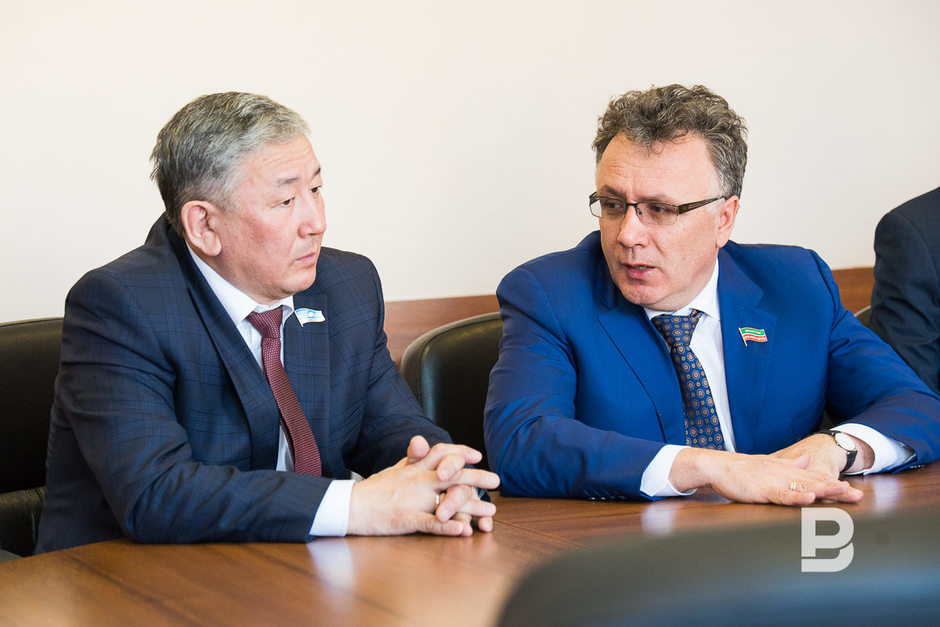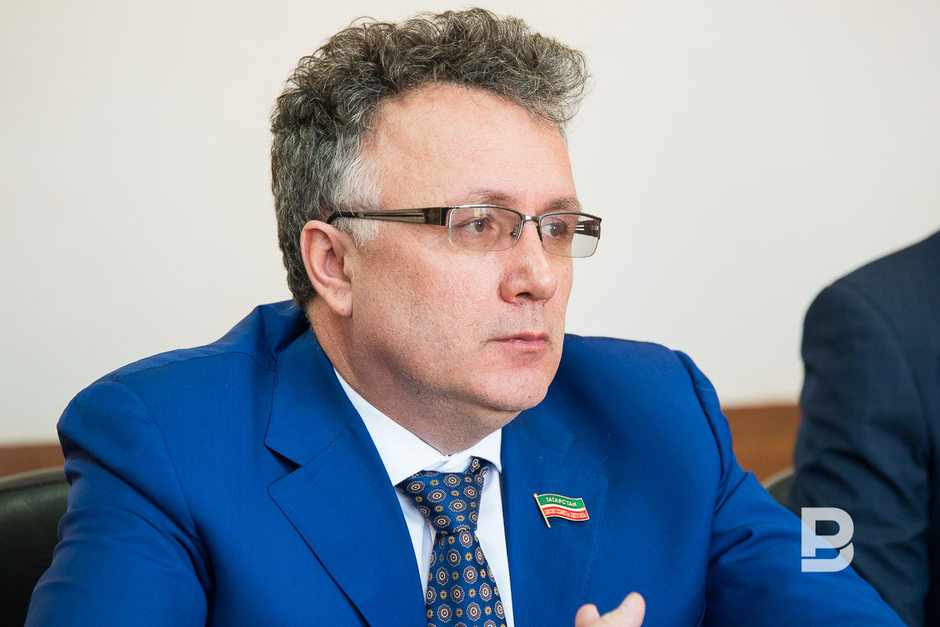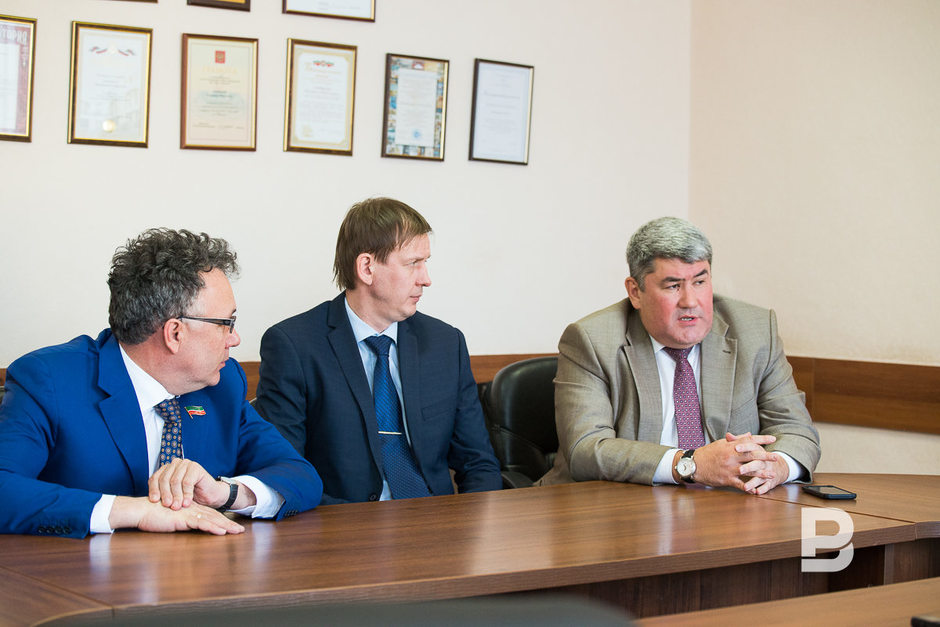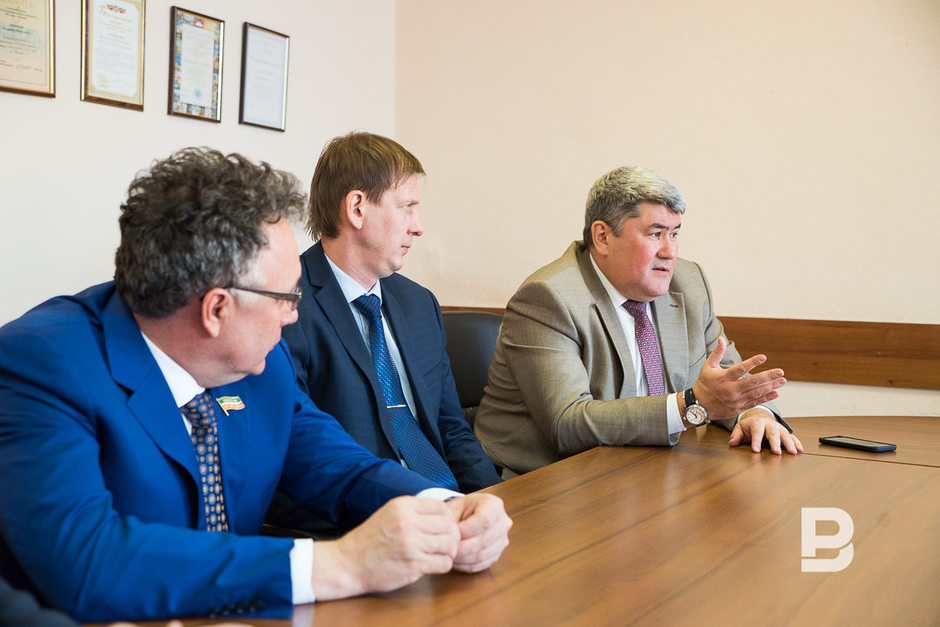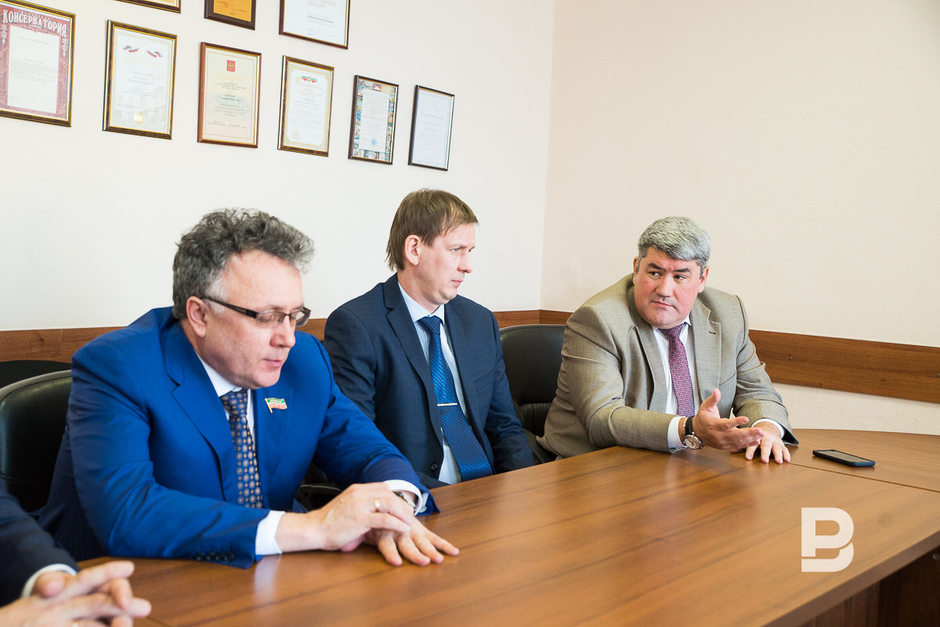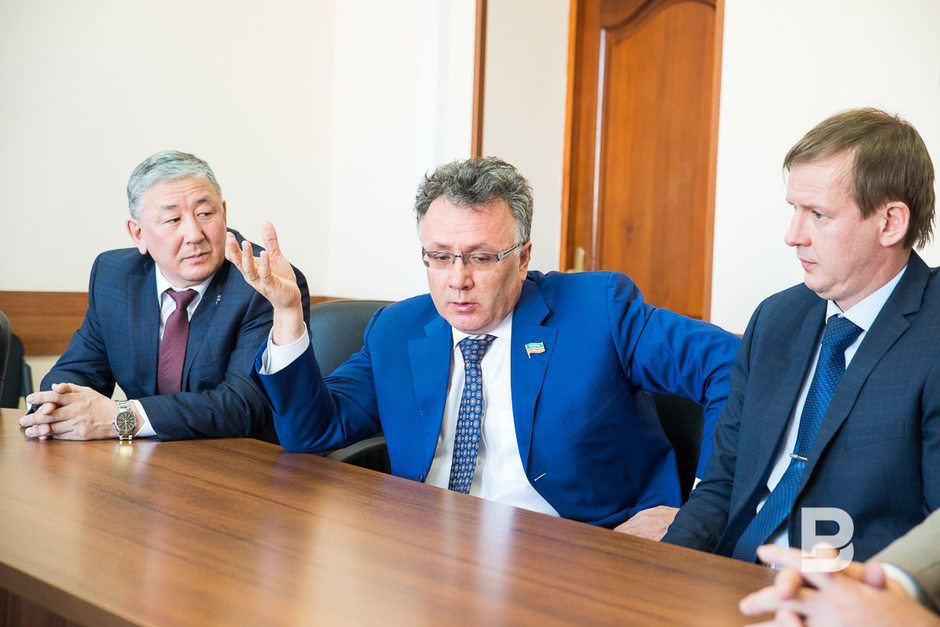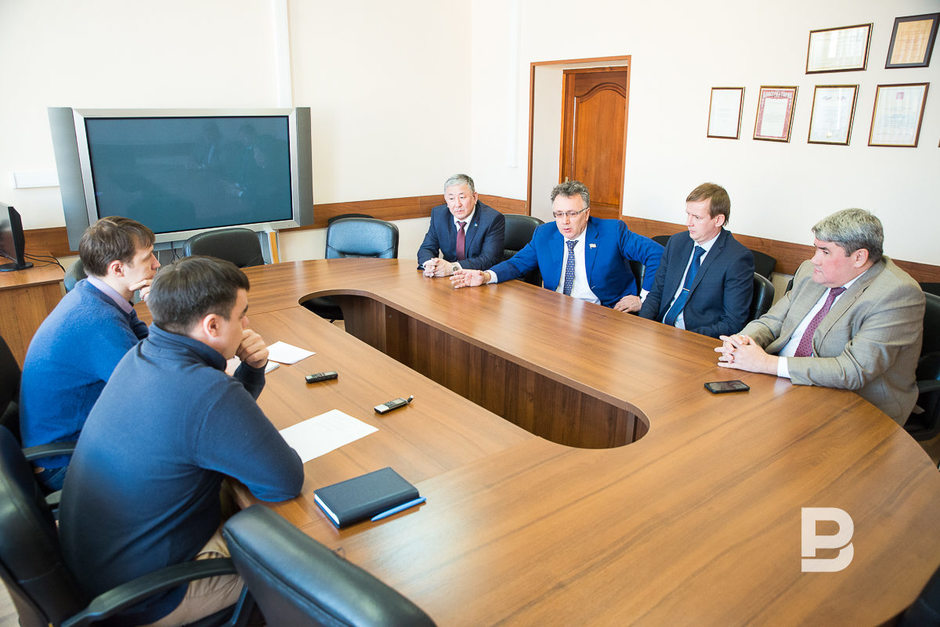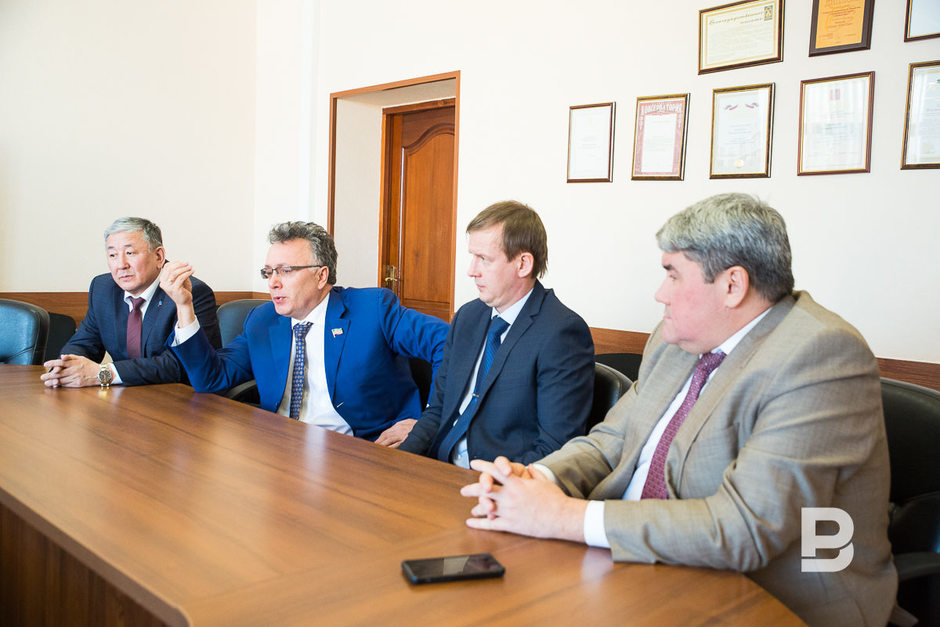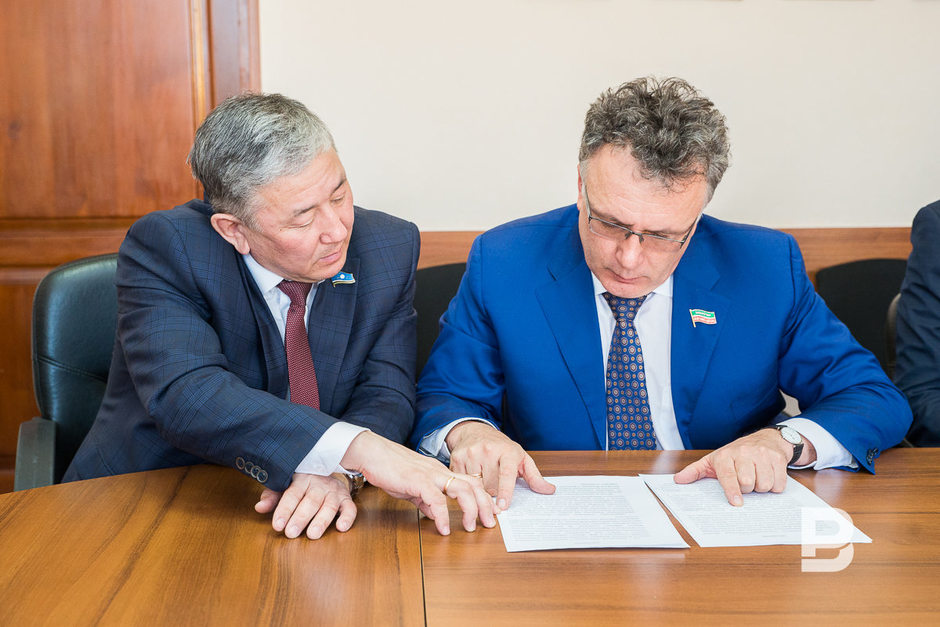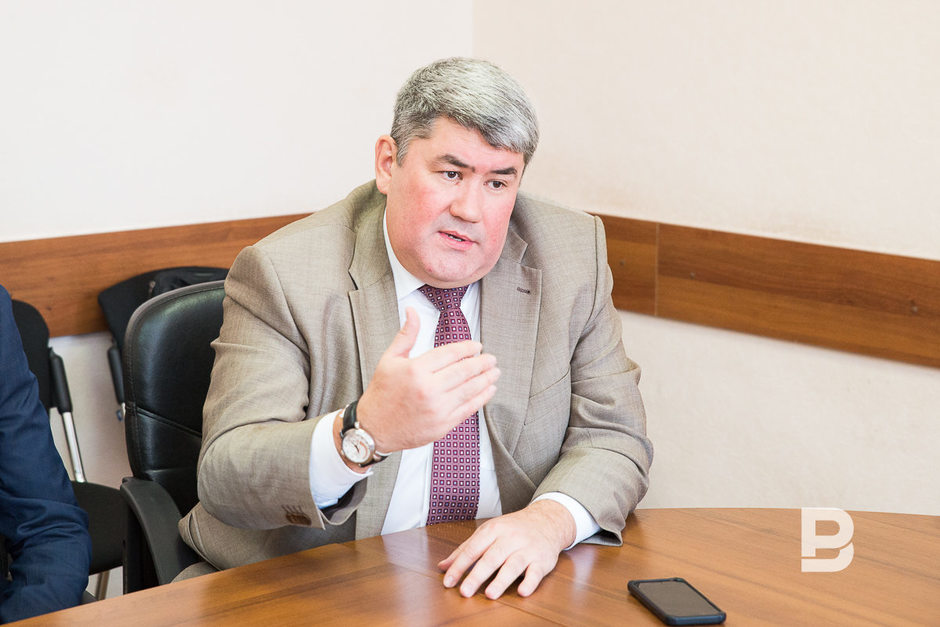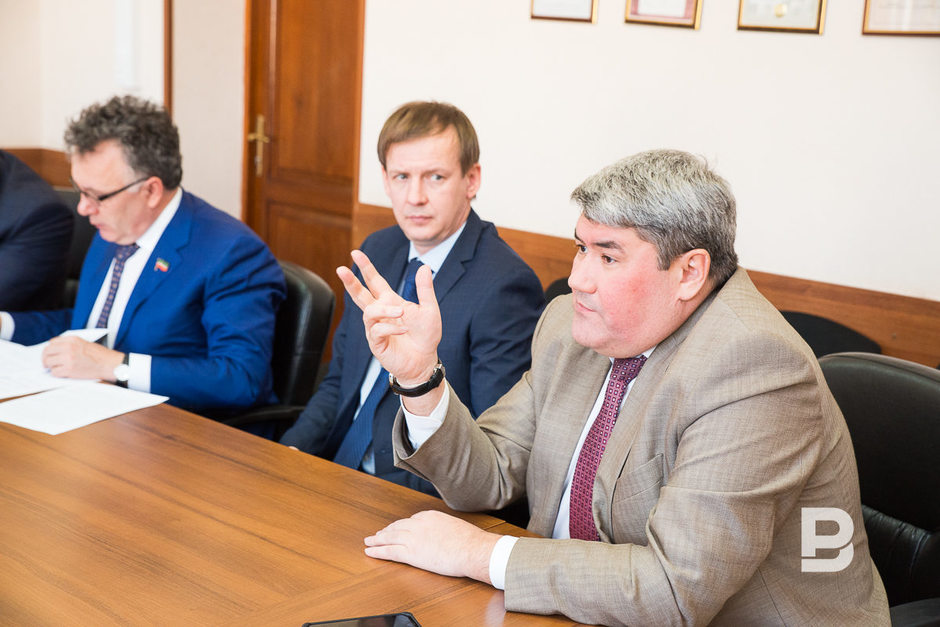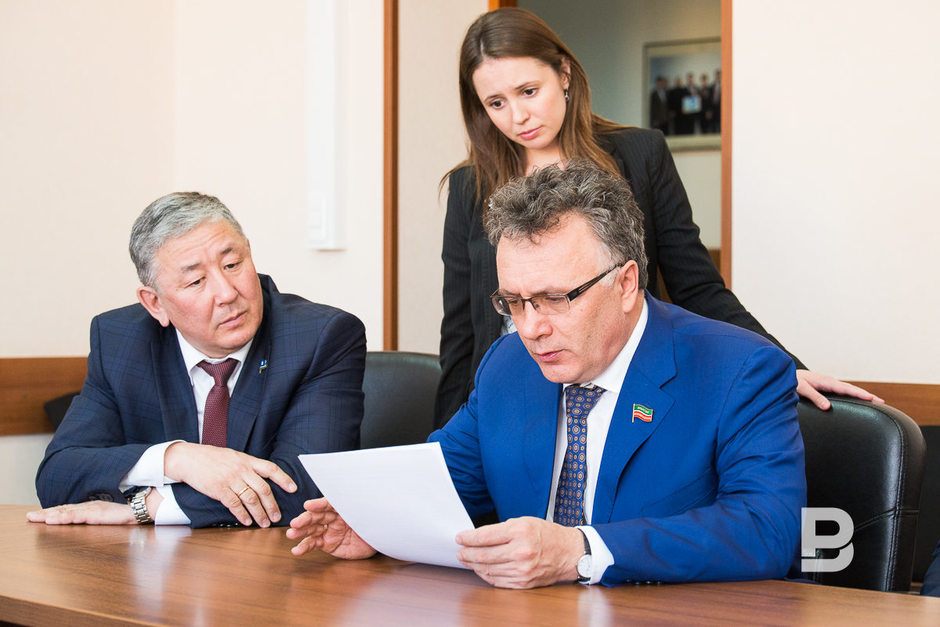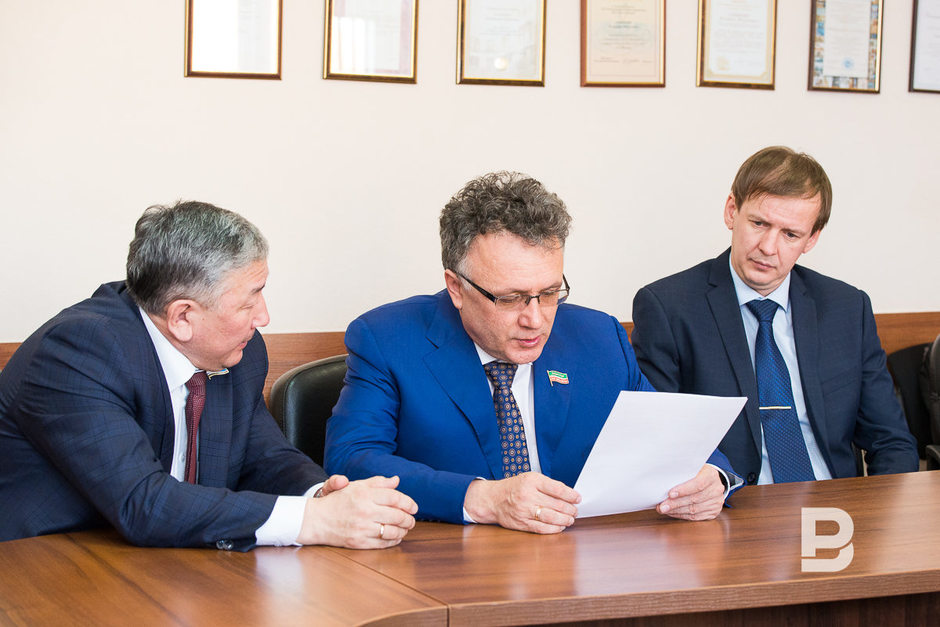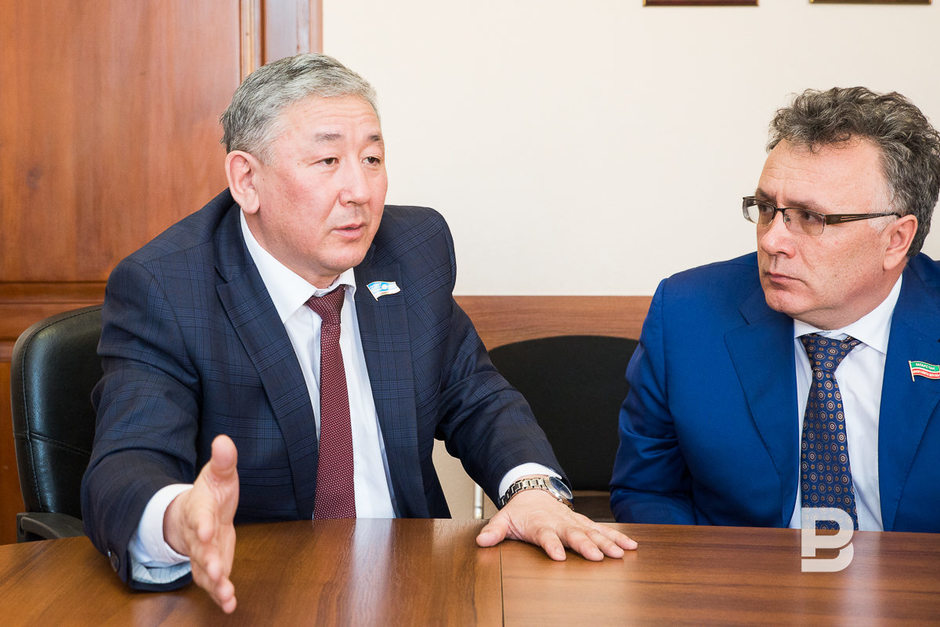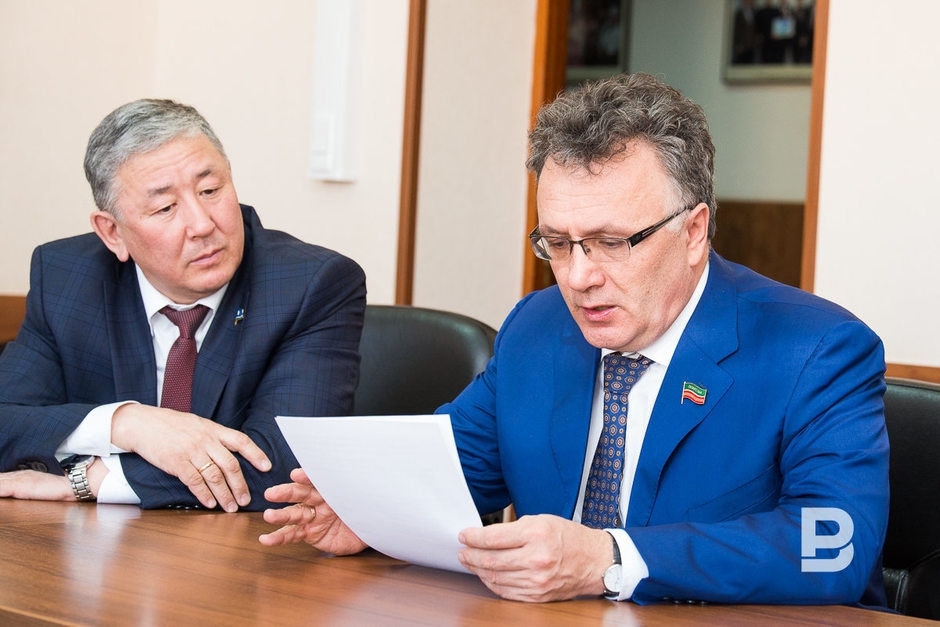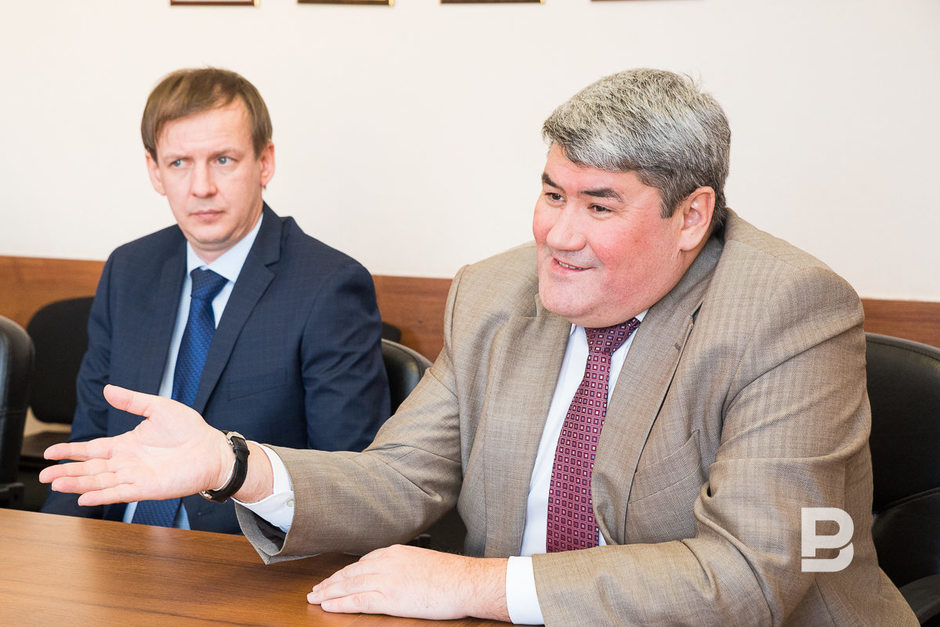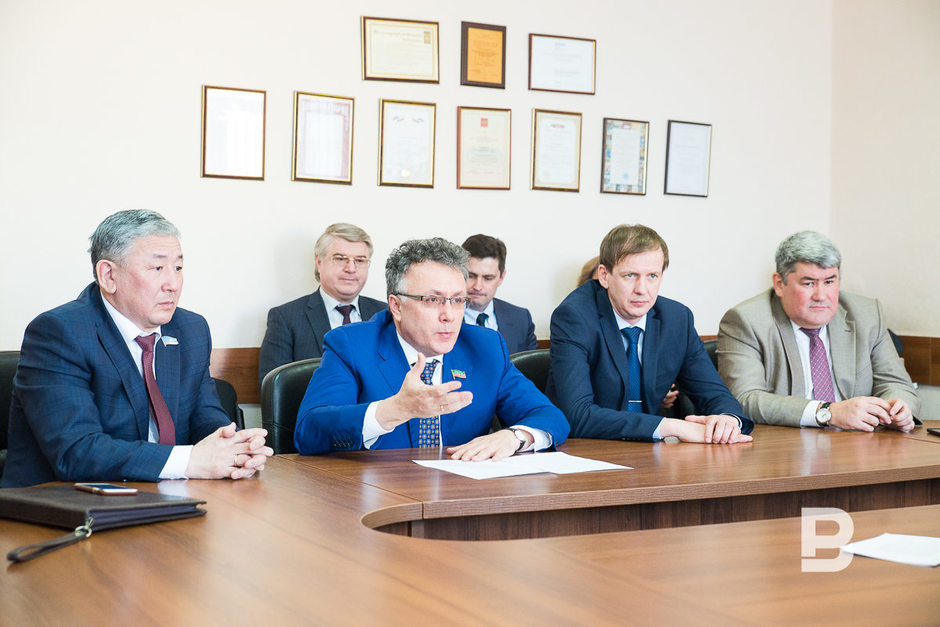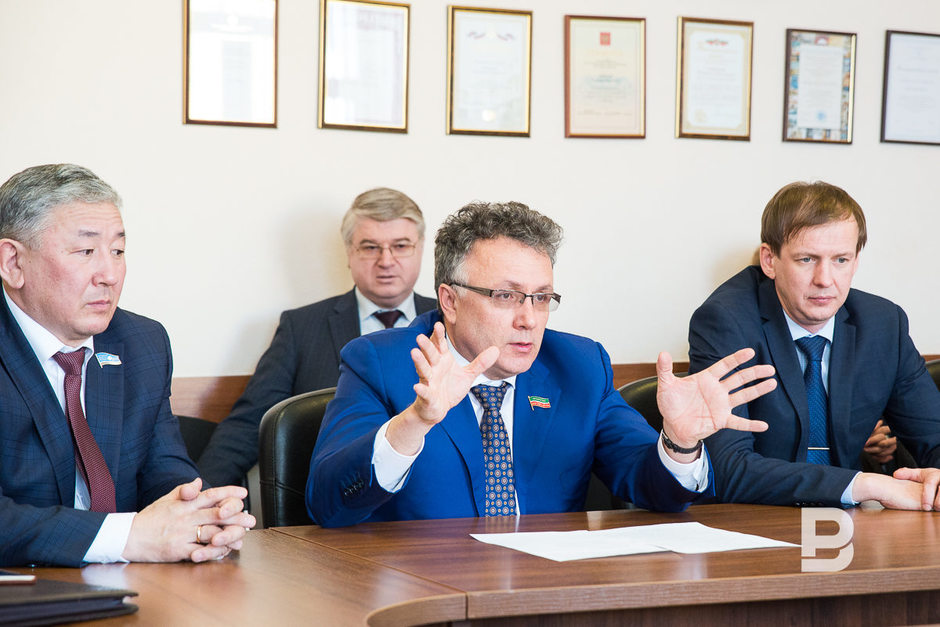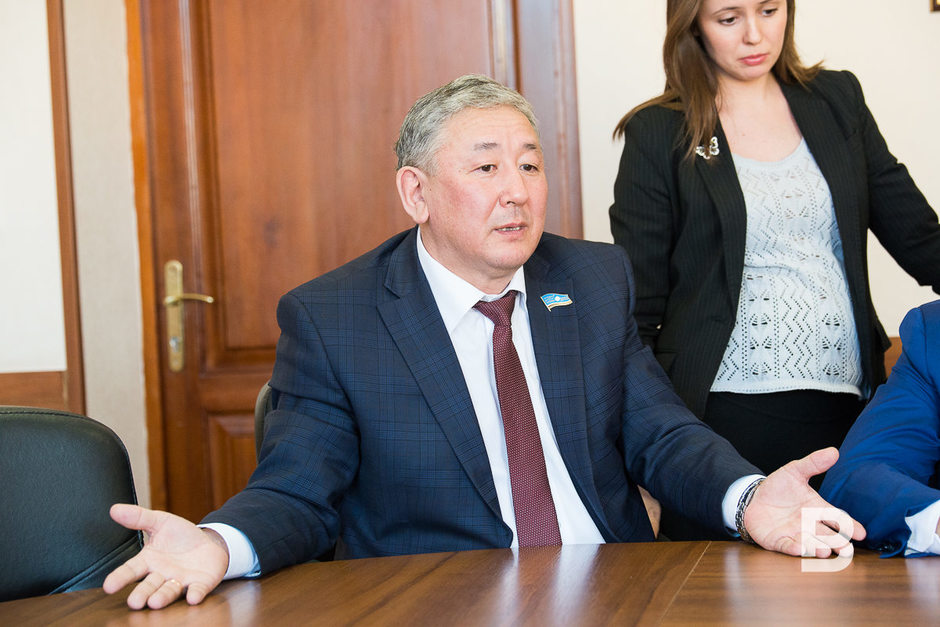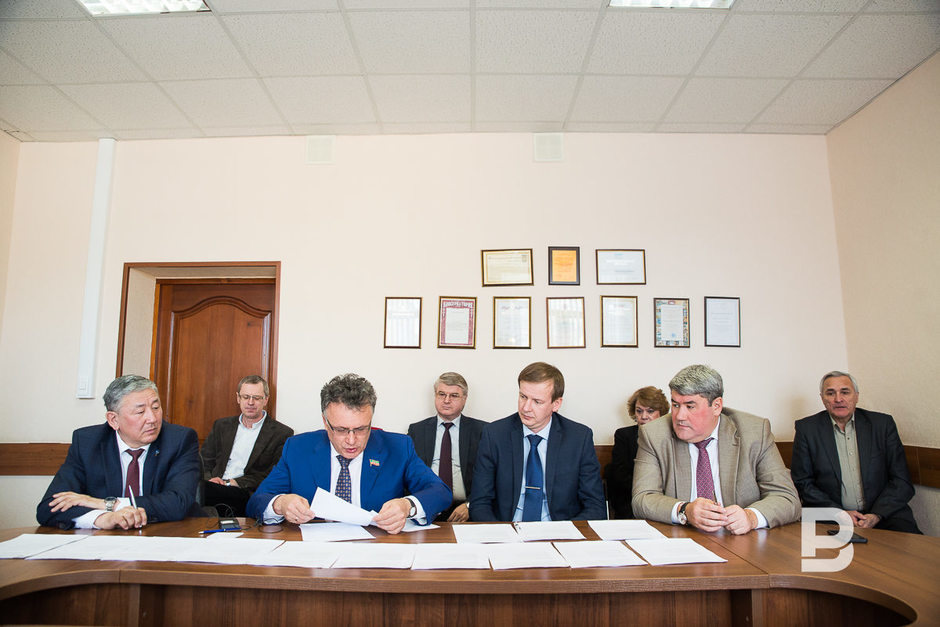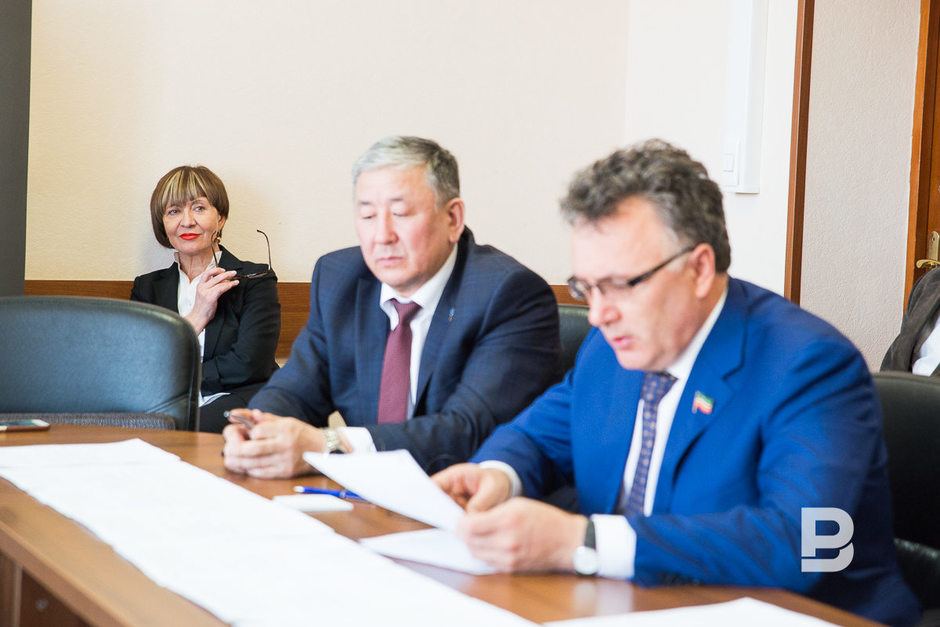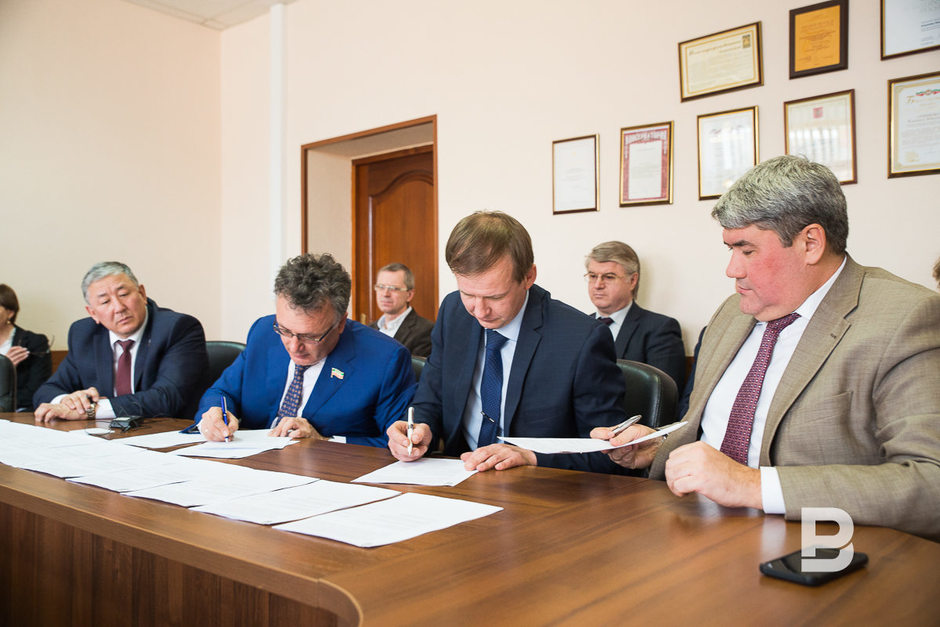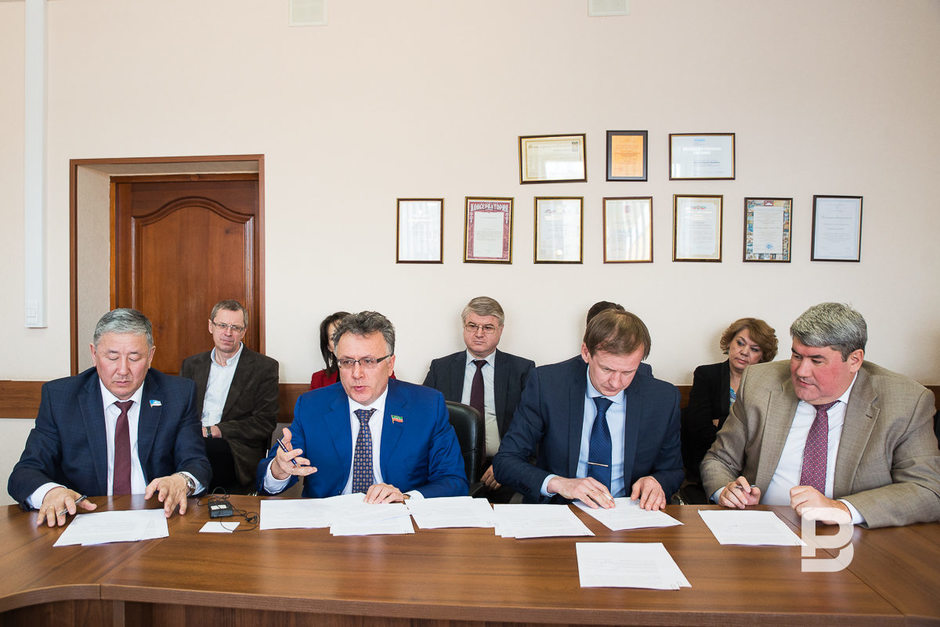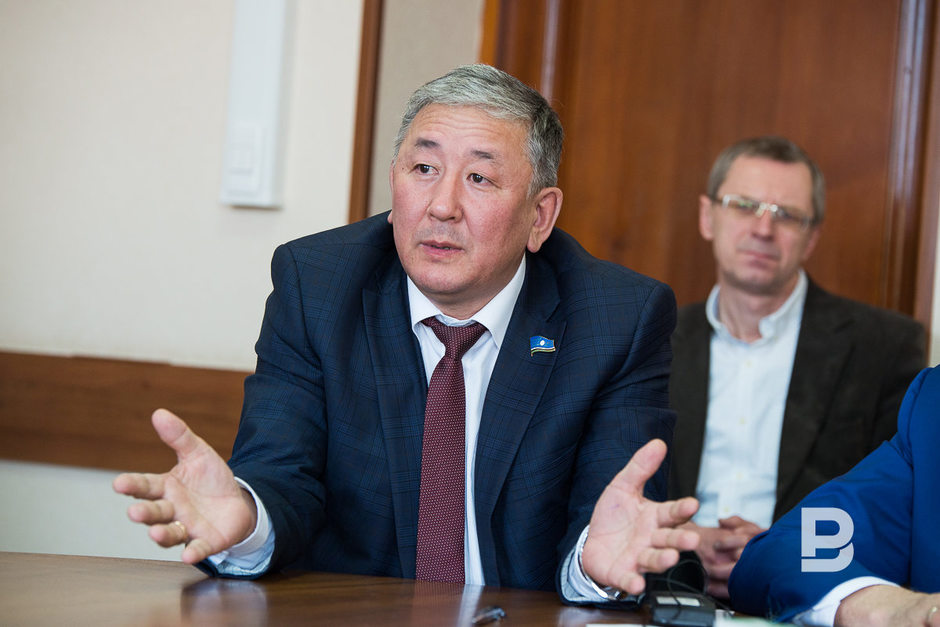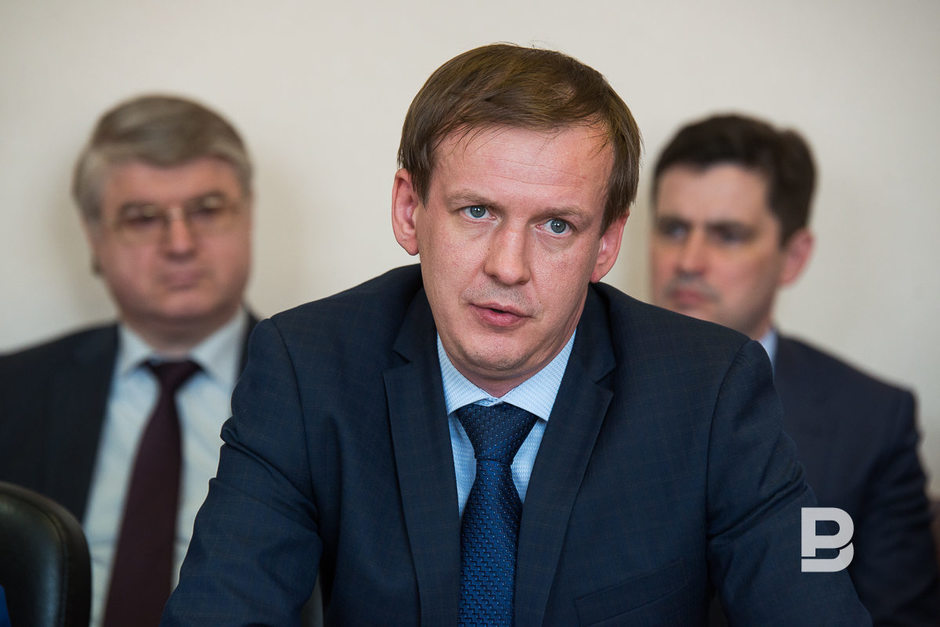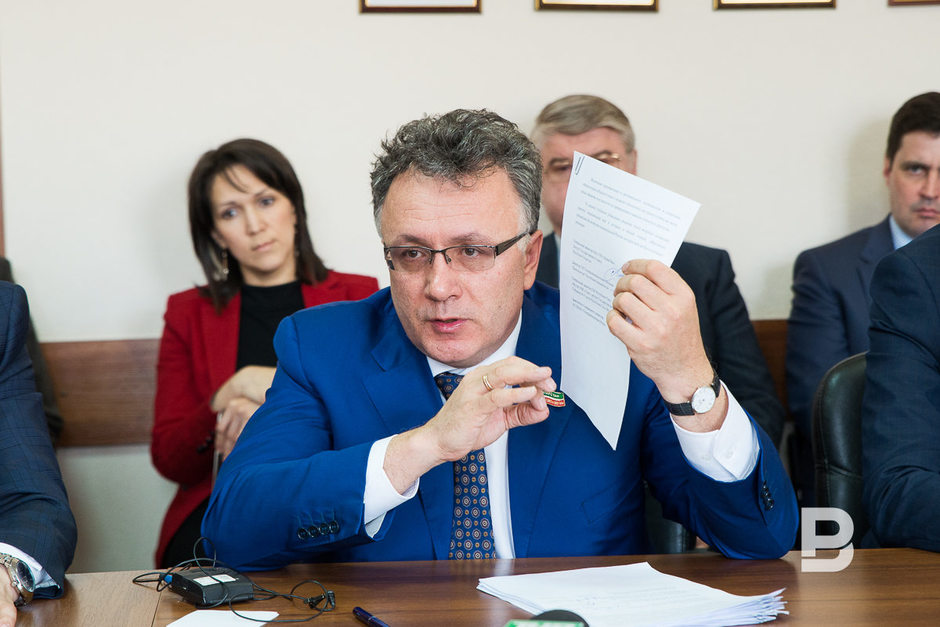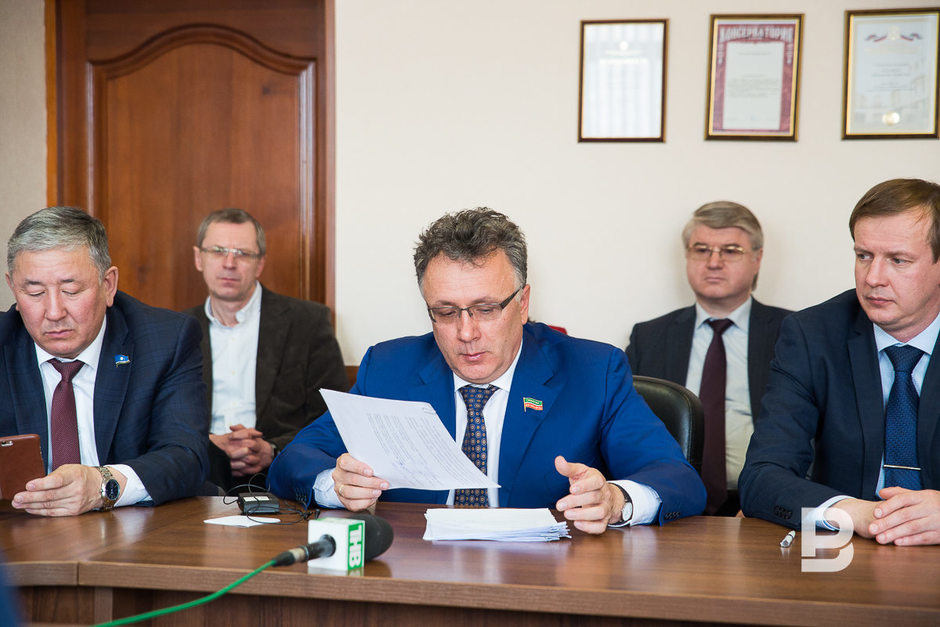‘Heartfelt cry’: heads of national TV channels of Russia asked for ‘digital equality’ for backwater
Heads of four TV and Radio companies with over 15m viewers wrote an address to the Government Commission on the Development of Television and Radio Broadcasting and heads of regional parliaments
The heads of four regional TV channels – BST (Bashkortostan), TNV (Tatarstan), NVK Sakha (Yakutia) and Yugra (Khanty-Mansi Autonomous Okrug) – signed a joint address to members of the Government Commission on the Development of Television and Radio Broadcasting of Russia on 22 March in Kazan. The main request is to reconsider the status of the regional multilingual TV channels at legislative level and include them in one of the multi complexes of digital TV. As the heads of the leading national regional TV and Radio companies of Russia suppose, the offered variants of further existence of these channels will lead to the disappearance in some years.
Small settlements won't see news in their mother tongues
The heads of four national TV companies of Russia, which was not included in the list of free public digital TV, signed a collective address to members of the Government Commission on the Development of Television and Radio Broadcasting of Russia called 'heartfelt cry' on 22 March in Kazan.
'Disconnection of the analogous TV broadcasting in Russia is planned from 2018. TV viewers will be able watch free and good quality 20 federal channels of the first and second multiplexes of terrestrial digital television. But regional TV channels that have a bilingual or multilingual broadcasting in Russian or other languages of the peoples of the Russian Federation were not given a space in the ether of digital television, though initially it was planned to include them in the first multiplex,' it was said in the address. A copy of the address is at Realnoe Vremya's disposal.
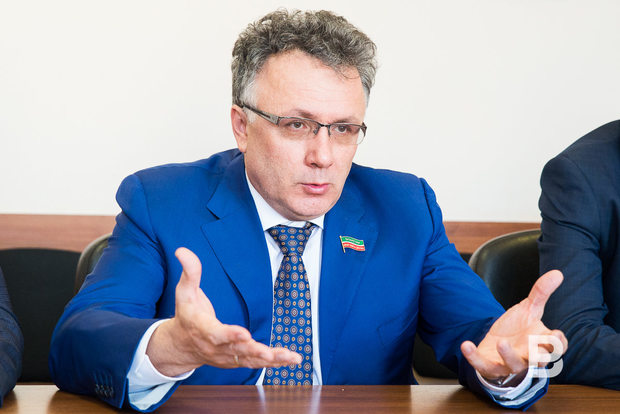
Ilshat Aminov: 'We asked to fix the status of obligatory and public channels for national TV channels at legislative level and provide their inclusion in one of the multiplexes of digital terrestrial television'
The address of the broadcasters is directed to nine members of the Government Commission on the Development of Television and Radio Broadcasting of Russia, heads of both Chambers of the Federal Parliament and heads of the regional Parliaments of Tatarstan, Yakutia, Yugra and Bashkortostan.
'We asked to fix the status of obligatory and public channels for national TV channels at legislative level and provide their inclusion in one of the multiplexes of digital terrestrial television, not even in the first, might it be the second or the third,' told the director general of TNV Ilshat Aminov during the signing of the address.
'No one will lay the cabling on these territories'
'Digitalization of television of the country presupposed an elimination of the informative inequity because people who live in backwater did not have an opportunity to watch more than 2-3 channels. But the transfer to terrestrial digital television as it is today brings to a greater inequity, especially it refers to national republics. As a result, the residents of national republics and okrugs of Russia will be divested of an opportunity to watch the channels broadcasting in their mother tongues in the format of free terrestrial digital television. The rights of the people from Sakha, Bashkiria, Tatarstan, Udmurtia and many other nationalities of Russia will be encroached. But the Constitution of the Russian Federation guarantees these rights,' according to the text of the document signed.
It should be reminded that the transfer to digital television is expected in 2018. But speaking about the current version of the laws on Communications and Mass Media, this transfer puts an end to regional channels. Two multiplexes consisting of 20 free federal channels that are obligatory for distribution on the whole territory of Russia have been formed. The third multiplex will be entertaining, but it had no room for local TV channels. Initially the multiplexes obligatorily ought to include two regional channels and one municipal. The law even was given the first reading in the State Duma. However, in the second reading, the regional quota was crossed out on a LDPR deputy's initiative. Regional TV channels are offered to transfer to cable networks and broadcast via satellites as an alternative to digital television. In this case, viewers will have to pay if TV and Radio companies are able to lay the cabling to their settlements. Such an offer looks as a taunt, for instance, in Khanty-Mansi Autonomous Okrug and Yakutia.
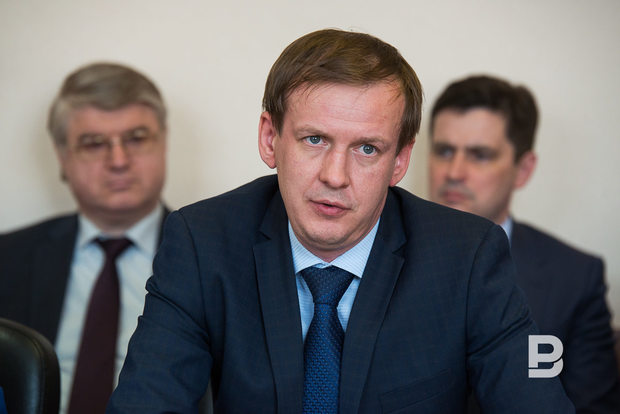
Yuri Tikhonov: 'At the beginning digital television was to be introduced to get rid of the inequity between city and village. Cities don't have problems of availability of cable and satellite TV. Now it turns out that TV viewers of small settlements won't be able to watch local news in their mother tongue and national programmes'
'We have big territories, the density is not high, and television signal delivery on cable nets is just impossible. It needs tremendous investments. Terrestrial distribution is the only way to deliver the signal to remoted territories now,' told deputy director general of Yugra TV Company. 'At the beginning, digital television was to be introduced to get rid of the inequity between city and village. Cities don't have problems of availability of cable and satellite TV. Now it turns out that TV viewers of small settlements won't be able to watch the local news in their mother tongue and national programmes. We will have thousands of channels in the cities, while people in the villages will have only 20. Now inequity is that TV viewers won't get the local content in full measure as they would like. We think this problem can be solved by means of inclusion of regional TV channels in the multiplexes.
According to the director general of NVK Sakha and deputy of the Parliament of Yakutia Ivan Androsov, regional parliaments should present their legislative initiatives on reconsideration of the statutes of local national TV channels. As he says, this work is being done. Otherwise, this TV doesn't have any future. 'The total area of Yakutia is 3m square metres, there are huge distances between settlements. No one will lay the cabling on these territories,' Androsov notes.
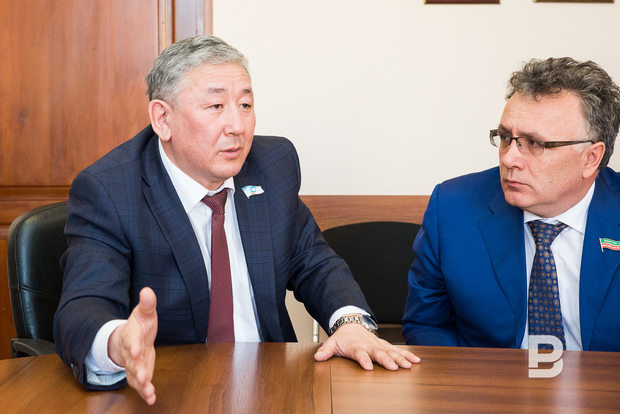
Ivan Androsov: 'The total area of Yakutia is 3m square metres, there are huge distance between settlements. No one will lay the cabling on these territories'
Regional channels must be obligatory and free
The broadcasters offer to make legislative changes as a solution.
'We want to pass through the legislation, through the change of the Federal Law on Communications and the Federal Law on Mass Media to make the corresponding articles, which include regional TV companies in the list of obligatory and public channels and legalize regional terrestrial multiplexes, appear there. We have frequencies and possibilities, but a decision is needed. We don't see any obstacles,' Ilshat Aminov stresses.
This is why the address has been sent to the concrete specialists, who participate in the preparation of decisions in the sphere of communications, TV, and the heads of the national parliaments. It is planned to put coordinated efforts of the regional legislative bodies, deputies of the State Duma representing the republic to make the necessary changes. According to the director of Bashkortostan TV and Radio Company State Unitary Enterprise (BST TV and Radio Company) Galim Yakupov, a deputy of the State Duma from Bashkiria is going to move a draft law.
'40% of our population live in villages, and now they are the most deprived. We are speaking about the people who not always have a possibility to buy a TV with LCD screen, they still have cathode ray tubes. They are given 20 channels, they are all in Russian, but a soul is asking for something national. And the viewers of our channels live not only in Bashkortostan but also in other regions of the country and abroad,' Yakupov emphasized.
